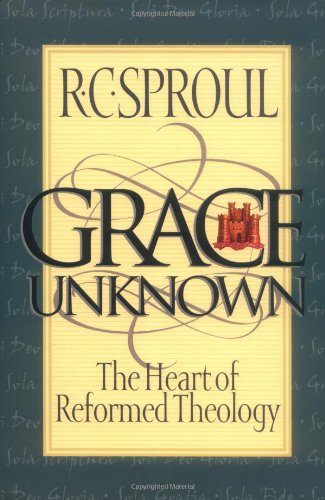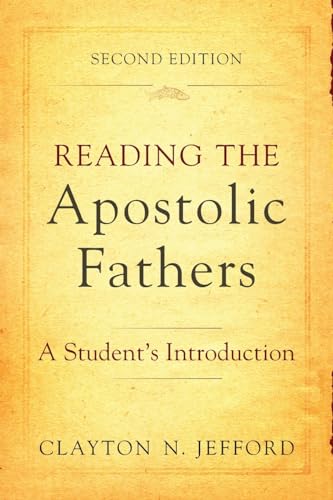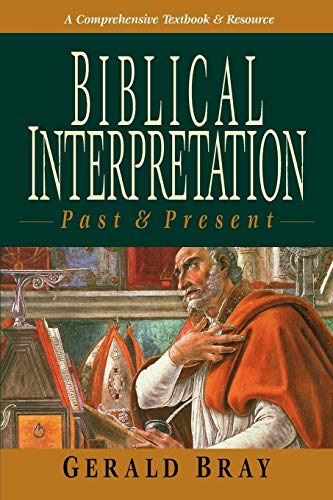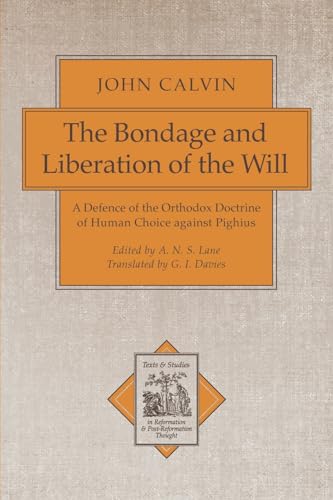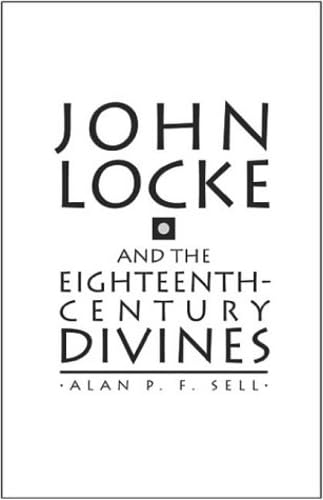Christ and the Spirit. The Doctrine of the Incarnation According to Edward Irving
Written by Graham W P McFarlane Reviewed By Tony GrayKnowledge of Edward Irving in theological courses is most probably limited to a passing reference to either his charismatic views, or his controversial christological development—the sinful nature of Christ’s humanity. McFarlane’s study, based on his doctoral thesis, presents a much needed and detailed study of the second issue.
The fruit of much detailed research, using illustrations drawn from numerous sermons and talks, McFarlane introduces a three-fold methodology which avoids any over-hasty conclusions, and hence misunderstandings, of Irving’s position. Firstly, McFarlane fleshes out Irving’s doctrine of divine being, illustrating how Irving’s theology is driven by his soteriology, giving priority to Christ as Son instead of Word, and so establishing the eternal relationship in which the Spirit takes a fundamental part. It is the Spirit who communicates the will of the Father to the Son, and the Spirit who communicates the obedience of the Son to the Father. Secondly, Irving’s doctrine of human being is expounded, whereby he attempts to avoid the anthropocentric interpretations of human being given by Kant and Schleiermacher. The nature of human being is in its becoming, within the context of paradise lost and paradise gained. That is, for Irving human being is always to be understood in its relationship to the Trinity, for in all the discussion anthropology is understood in its relationship to the Father, Son, and the Spirit. Thirdly, McFarlane examines the central issue—Irving’s doctrine of Christ. Irving, like Schleiermacher, wished to make Christ relevant. Whilst Schleiermacher went the route of the economic Trinity, Irving, driven by his soteriological concerns, strove to maintain an eternal Triune God. As McFarlane observes, Irving wrestles with this issue: ‘If God remains concealed we are in darkness concerning his true Identity. If Christ does not struggle with our very nature as human beings we have no assurance of being able to overcome ourselves.’ (p. 134) The question then is what it means to be fallen, and for Christ to have a fallen human nature. McFarlane’s contention is that central to Irving’s attempt to answer this question is his understanding of the Spirit’s role in both the Son’s eternal relationship to the Father, and in his saving work. It is this aspect which many other commentators have missed.
As a study in the theology of Irving, this is an excellent work. Those new to Irving would have been well served by some historical and contextual setting, although there are snippets of this at various stages throughout the work (the influence of Coleridge on Irving being most interesting). In addition, students new to discussions of Christology may do well to look elsewhere. However, not only is this a helpful work on Irving, but a fascinating contribution to the ongoing debates within Christology. In particular, the role of pneumatology, and indeed the difficulties facing overly binitarian understandings of the Godhead (and in addition a Christology which over-stresses divinity at the expense of humanity), are explored in depth. It is hoped that as a result of this work Irving will now become a more widely used dialogue partner in Christological debates.
Tony Gray
Oxford



